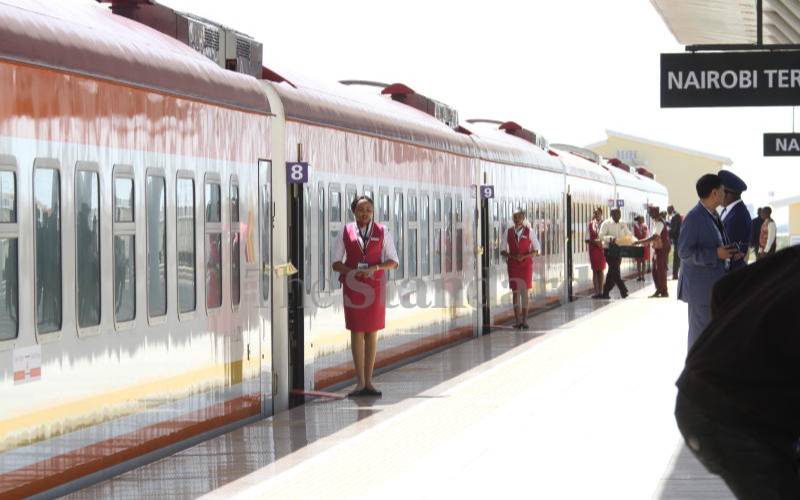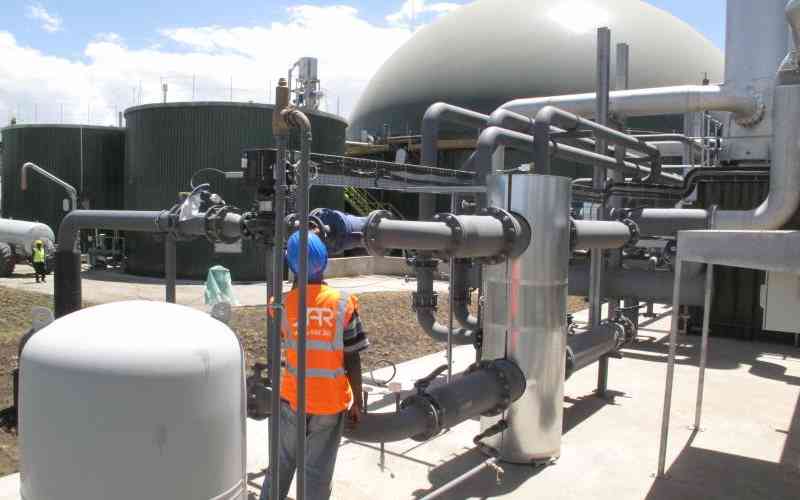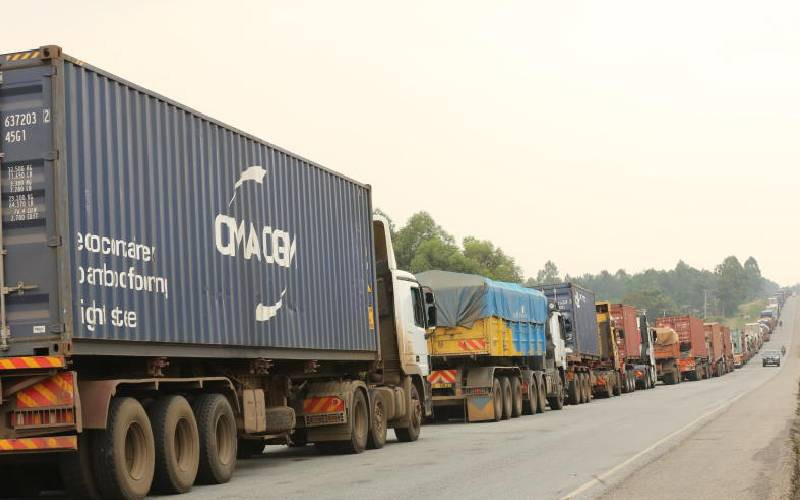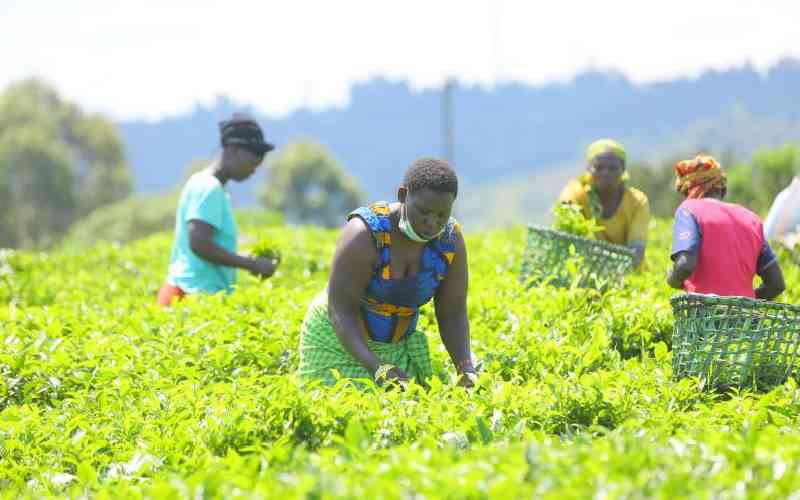×
The Standard e-Paper
Join Thousands Daily

On May 31, 2017, the Standard Gauge Railway (SGR) passenger service made its maiden trip from Mombasa to Nairobi.
The launch of the Madaraka Express was greeted with both cheer and jeer, with the optimists noting it could significantly boost travel while opposers argued the high cost of building the railway would overshadow any good from it.







